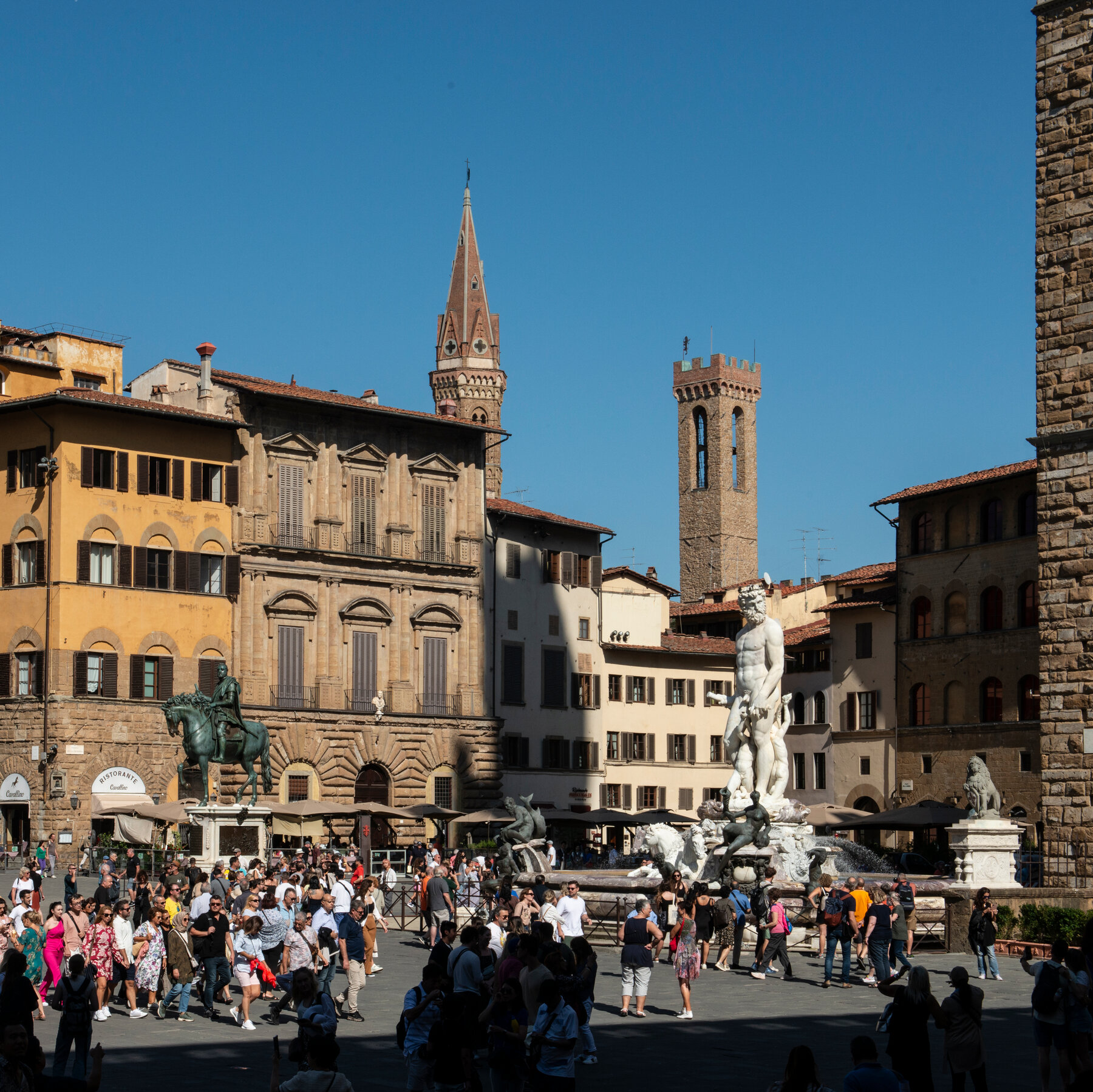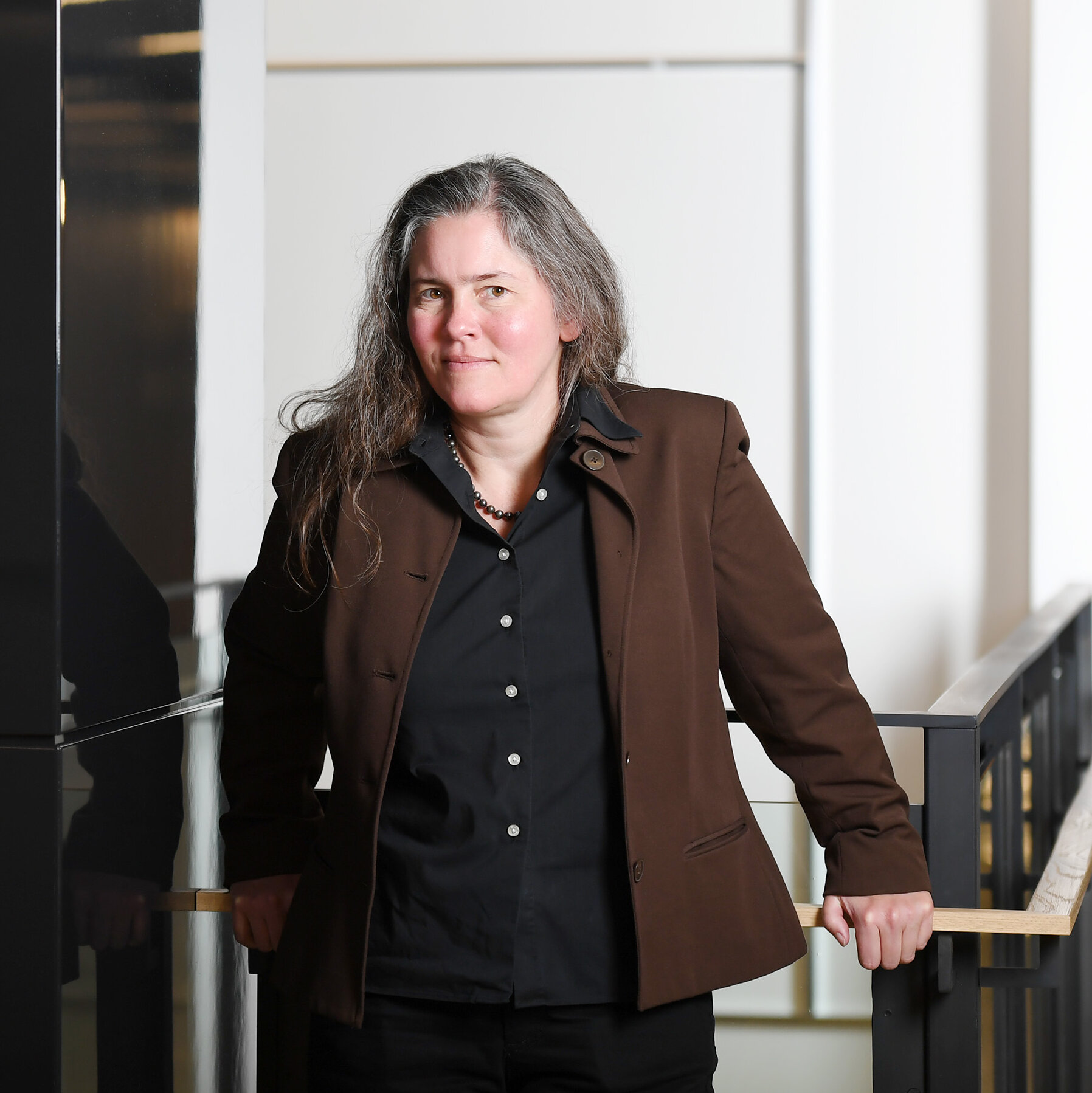Mickaël Bandela’s documentary reflects on the events that left him in care as a child, and the generational losses that came before
When he was a few months old, film-maker Mickaël Bandela was put into the care of his foster mother Marie-Thérèse, after his own home was deemed unsuitable for the wellbeing of a small child. Throughout the next decades, his birth mother Gisèle remained a loving presence in his life. At the same time, the erratic infrequency of her visits left deep wounds on Bandela’s sense of self, scars that were reopened when he welcomed his first child. A soul-baring work of searing authenticity, Bandela’s searching documentary grapples with the complexities of motherhood and the long shadows of family trauma.
Bandela’s voiceover acts as an emotional compass and a guiding force throughout the film, which stitches together interviews with his two maternal figures, family photos, and various home and personal footage shot over the course of three decades. By charting both Bandela’s and Gisèle’s life trajectories, the dynamic editing reunites mother and son, even in the years when they were largely apart. The director also punctuates his family archives with reports from social workers on various stages of his growth, another impactful stylistic choice. The contrast between the impersonal tone of these notes and the richness of Bandela’s experience shows how, even with the best of intentions, government officials can fail to grasp the full extent of the challenges faced by a foster child.
Continue reading… Mickaël Bandela’s documentary reflects on the events that left him in care as a child, and the generational losses that came beforeWhen he was a few months old, film-maker Mickaël Bandela was put into the care of his foster mother Marie-Thérèse, after his own home was deemed unsuitable for the wellbeing of a small child. Throughout the next decades, his birth mother Gisèle remained a loving presence in his life. At the same time, the erratic infrequency of her visits left deep wounds on Bandela’s sense of self, scars that were reopened when he welcomed his first child. A soul-baring work of searing authenticity, Bandela’s searching documentary grapples with the complexities of motherhood and the long shadows of family trauma.Bandela’s voiceover acts as an emotional compass and a guiding force throughout the film, which stitches together interviews with his two maternal figures, family photos, and various home and personal footage shot over the course of three decades. By charting both Bandela’s and Gisèle’s life trajectories, the dynamic editing reunites mother and son, even in the years when they were largely apart. The director also punctuates his family archives with reports from social workers on various stages of his growth, another impactful stylistic choice. The contrast between the impersonal tone of these notes and the richness of Bandela’s experience shows how, even with the best of intentions, government officials can fail to grasp the full extent of the challenges faced by a foster child. Continue reading… Film, Documentary films, France, Parents and parenting, Fostering, Children, Culture, Europe, Family, Life and style, Social care, Society, World news








